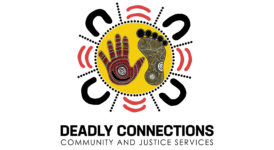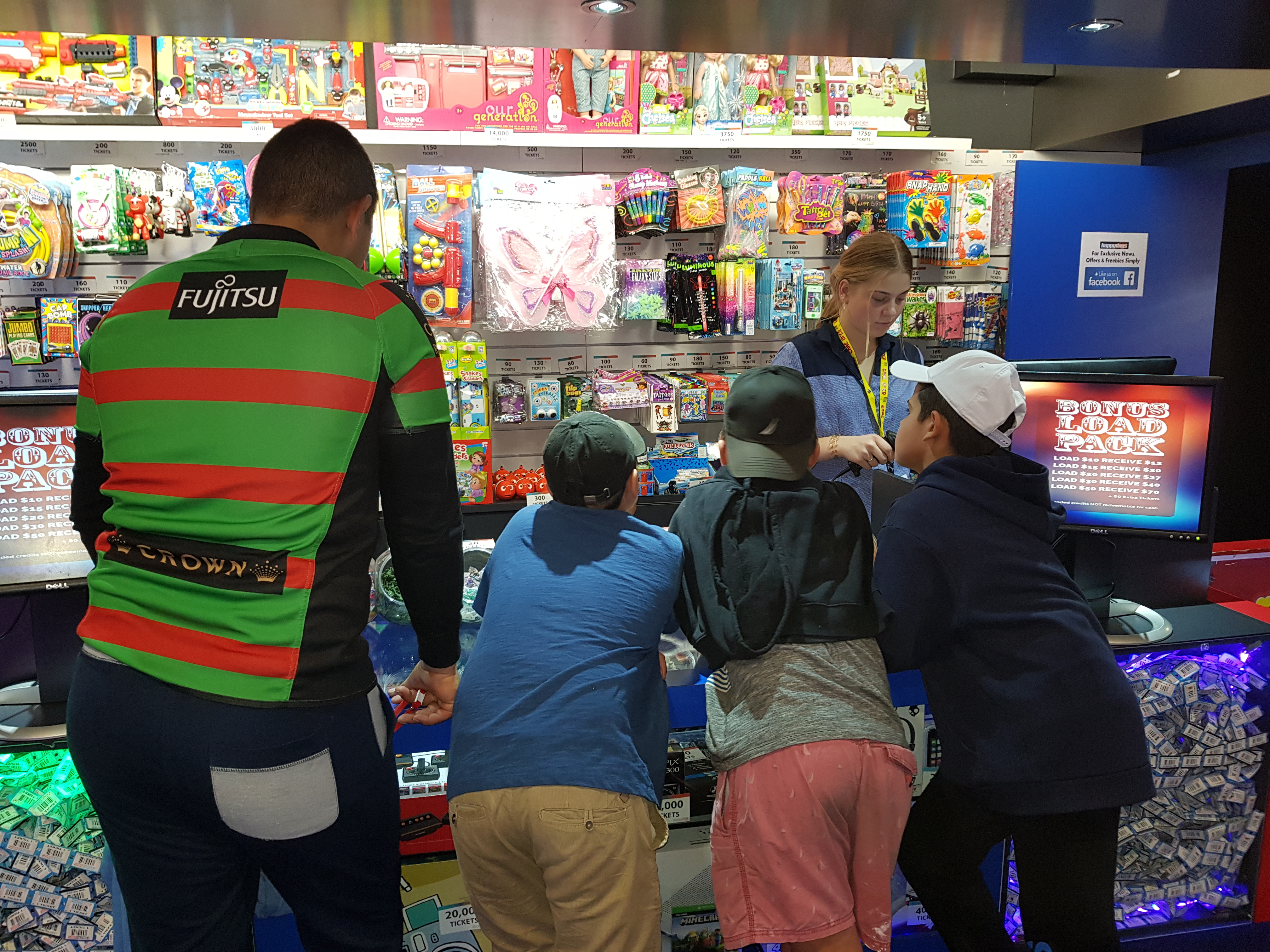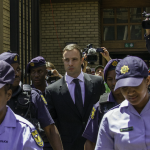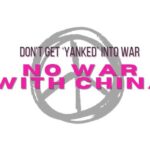Mob-Led Criminal Justice Diversion: An Interview With Deadly Connection’s Keenan Mundine

Deadly Connections Community and Justice Services is a Sydney-based Aboriginal-led organisation, which aims to break the cycle of disadvantage and involvement with the criminal justice system that many First Nations peoples find themselves trapped within.
The organisation asserts that it’s all about programs developed and run by “our mob” and in “our way”. And the main objective of Deadly Connections is to reduce the overrepresentation of Aboriginal people in both the criminal justice system and in out-of-home care.
Some of the approaches the First Nations-run organisation engages in, include a whole-of-life approach, self-determination, decolonising from western developed methods already on offer and shown to be ineffective, and a healing-centred engagement with clients.
One key program that Deadly Connections has been running for quite some time is the Glebe-based Street Smart Project, which involves engaging local at-risk Indigenous youth in socialising activities, with a focus on preventing future involvement in the criminal justice system.
Imposed disadvantage
The systems that have development since Britain began the occupation of this continent, have led to the necessity to establish policies, such as Closing the Gap, which purports to lift the standard of living of First Peoples up to that of the non-Indigenous, but continues to fall short on this.
Right now, 28 percent of the adult prisoner population in Australia is comprised of Aboriginal and Torres Strait Islander peoples. However, the last Census shows that First Nations people only make up 2.8 percent of the general populace.
The 2019 Productivity Commission report reveals that in June 2018 there were 6,766 First Nations children in out-of-home care in NSW. This means that Indigenous kids made up 39 percent of children in state care, however they only account for 5 percent of the population under 18.
This is a western system that was imposed upon Aboriginal people by a foreign force. And to somehow blame First Nations people for their disproportionate representation within these aspects of it – which many do – is the real crime. Indeed, it was colonisation that criminalised First Peoples.
Lived experience
Deadly Connections has been co-founded by ambassador Keenan Mundine and CEO Carly Stanley. Mr Mundine brings a deep understanding of the NSW criminal justice system, when providing vital support services to his people.
The Biripi and Waka Waka man was first imprisoned at 14 years of age. And he was in and out of correctional centres until his mid-twenties. On most occasions when he was released back into the community, Keenan had nowhere to stay and no official identification to get by with.
Sydney Criminal Lawyers spoke with Keenan Mundine about why it’s important that support services for First Nations people are community run, how his organisation engages with its clients and how his lived experience informs his work.

Firstly, Deadly Connections was established in September last year. It’s an Aboriginal-led direct community response that addresses the overrepresentation of First Nations peoples in the criminal justice system.
Keenan, how would you describe the relationship Aboriginal people in NSW have with this system?
The relationship is not where it should be, given the wider community has a really good relationship with the criminal justice system.
In the case of First Nations people, it’s on edge and there’s a lack of trust. This system wants us to give it everything, but it gives nothing back.
Some of the reasons Aboriginal people have this relationship with the criminal justice system dates as back as far as we can track it.
But, most recently, deaths in custody and the notorious Stolen Generations both feed into the distrust of the system, and in particular, the criminal justice system.
Hopefully, we can shape the future, and change the way the justice system works with Aboriginal communities moving forward.
So, in a practical sense, how does Deadly Connections engage with people in the community who’ve come into contact with the justice system? And does your program conduct preventative work as well?
In terms of engaging with people in the community, it’s usually by word of mouth and social media.
We’re building a process where people can work with, not only people directly involved with the system, but also those who are indirectly involved, such as family members and communities.
We’re not just trying to solve the problem, but to create an awareness where they have the skills to move forward and become active people within the community.
We do diversionary programs – involving early intervention and prevention – where we target young people on the street.
We have a program that we operate on Saturday nights in the inner city of Glebe, called the Street Smart Project, where we target people as young as 8 and up to 18.
We provide them with a safe space in their own community and on their terms. We take them to play basketball or have a barbeque.
So, we provide them with social activities to give them the skills to deal with people of different nationalities and police, which they don’t get to see within Aboriginal communities.
We do one-on-one intensive support and case work. We have community diversion and reintegration pathway models that Deadly Connections has produced. And they support individuals and communities involved with the criminal justice system.
It supports them through the courts, through imprisonment and back to reintegrating into the community. And that’s Aboriginal-led, and culturally driven.
Deadly Connections also has a focus on dealing with the issue of First Nations youths in out-of-home care. In your understanding, what’s leading to the disproportionate numbers of Aboriginal children being removed from their families?
There’s a myriad of issues, whether they be social or political. We’re dealing with a system that everybody knows is imbedded with systemic racism against First Nations people, when creating policies and procedures around dealing with us.
These kids are growing up in marginalised communities with a cycle of recidivism and alcohol. And most of those people tied up in the justice system now, unfortunately, have children out there that are depending and relying them. And that need goes unmet, and that trauma goes unhealed.
So, how does your organisation practically work with individuals and their families who might be at risk of being placed in out-of-home care, or indeed, have already been removed from their families?
That depends on their risk, which is assessed by us, and their circumstances: whether they need that one-on-one attentive support and guidance, or whether they will benefit from group and social activities.
Also, it’s about working with them around their trauma and getting them to understand that these things did happen, and they do make us feel a certain way, and giving them the skills to understand that.
Our organisation is unique because we take a lifetime approach. We can work from the womb to the tomb. We can work with a pregnant mother, and when the child gets older, we can work with them. It’s just taking it back to that community way that we all look after each other.
We do mentoring, guidance and counselling. And we have a team of mentors who work with our clients. And we discuss who we put with a particular person.
Keenan, you have personal experience with the criminal justice system. How would you say that experience informs the work you carry out today?
My experience informs every aspect of it. It was a big part of my life and my identity. It’s why I do what I do.
I know the impact that it not only mentally has on an individual, but also the impact that it has upon the community, and how it can displace them from it.
So, it informs every aspect of what I do. And it’s what Deadly Connections is all about. It’s all about providing that support, whether that’s a phone call, or it’s more intensive. It’s about being there at the right time when our mob need it.
Deadly Connections is Aboriginal-led. You’ve been working in this sector for a number of years now. Just how important is it that these services are run by the community?
It’s very important that these are grassroots community-led responses, because not every community has the same problems. We do have similarities and some of them cross over. But, to try to create one program to roll out into every community is not going to work. We already know that.
It’s really important that we take the time to understand the community in which we’re targeting to provide a service, as they know what’s going on in their community. They know the suffering and they know what’s causing it.
The benefits of having a grassroots organisation is that you then know who’s who, and who to go to within Aboriginal communities. And this builds up trust and connection.
Everything that is built from the ground up is embedded in culture, whether that’s sitting behind a desk and answering a phone or getting out in the field and running programs. It’s all culturally safe and responsive.
Our mob feel safer with mob. So, why not build the capacity of First Nations people to work within their own community and support their own people at need in the way that they know how to do it.
It goes back to the way Aboriginal people live. We all look after each other. We’ve been dealing with the issues within our own communities for a long time. So, it’s very important that these types of programs around healing and trauma are community-led and driven.
And lastly, looking towards 2020, what’s on the agenda for Deadly Connections?
We’ve got some programs we’re ready to implement. We’ve got some good supporters and sponsors.
We’ve gotten funding to work in the inner west and inner city Sydney, with young mothers and parents who identify as First Nations people, who have a child of up to 5 years old that may be at risk of being removed, or is already involved in the out-of-care system.
We can provide intensive case support with the aim of getting their children back. We’re taking referrals at the moment.
We’ve also received funding to continue on with our Street Smart Project in Glebe. So, if any deadly fellas are out there reading this, every Saturday night, they can come down and have a yarn about what’s going on in their community.
This year is looking really exciting. People can check out our Facebook page to find out more. And we’re looking forward to hearing from them.







